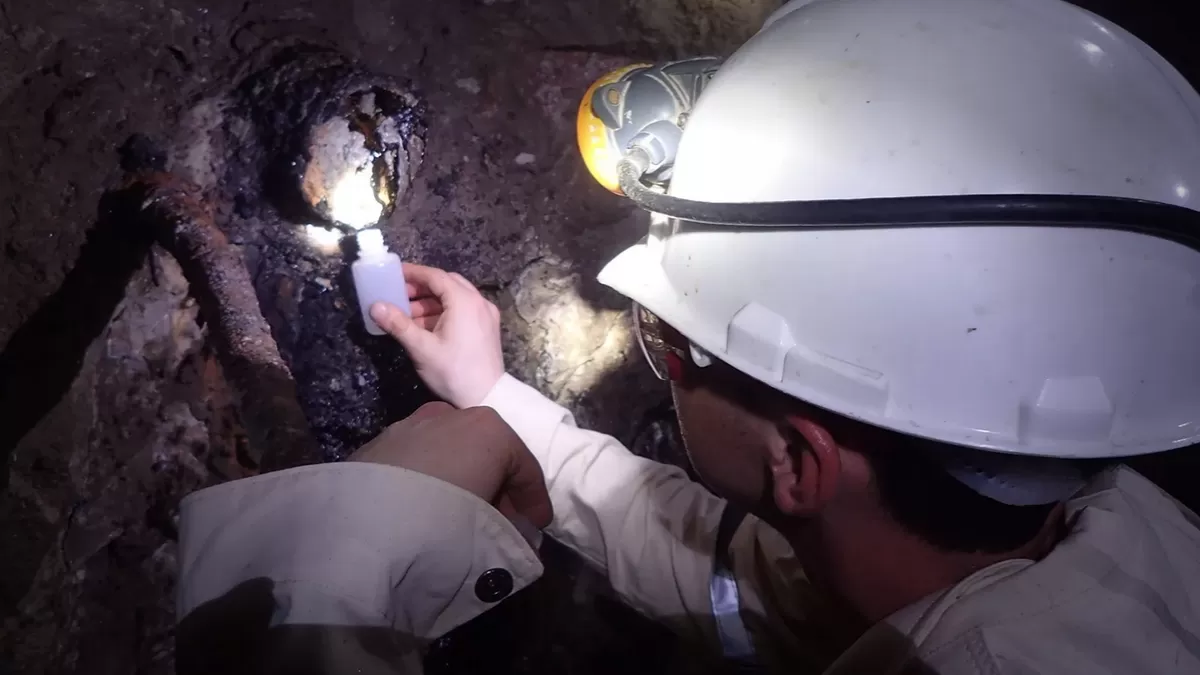jfid – The elephant is the largest land mammal, but they are also highly vulnerable to climate change.
In Zimbabwe, hundreds of elephants died of thirst due to prolonged droughts that dried up water sources and disrupted their habitats.
According to authorities at Zimbabwe’s Hwange National Park, over 110 elephants have died since September 2023.
The park is home to approximately 45,000 elephants, about a third of the country’s elephant population.
Rain has been delayed for more than six weeks in western Zimbabwe, with scorching temperatures often reaching 40 degrees Celsius.
These conditions have led to the carcasses of elephants turning black, creating a grim sight in the national park.
The park has 104 solar-powered boreholes to reach and pump the increasingly low groundwater. However, this seems insufficient.
Climate change has caused prolonged droughts, worsening conditions aggravated by this year’s El Niño phenomenon.
The prolonged drought has forced elephants to approach human settlements on the outskirts of Hwange in search of water.
They have even dared to enter residential properties to drink from private swimming pools, risking drinking from water holes contaminated by dead animals.
Elephants are intelligent and social animals, but they also require a significant amount of water to survive.
They can drink up to 200 liters of water per day and also use water for bathing, playing, and communication.
Elephant deaths due to drought are not only occurring in Zimbabwe but also in other African countries like Botswana, Namibia, and Zambia.
Experts warn that the elephant population on the continent is at risk of extinction within a few decades if concrete actions are not taken to protect them from the impacts of climate change.










